Precision farming, or precision agriculture, is a modern farming practice that uses technology to monitor and manage field variability in crops. This method aims to increase agricultural efficiency and sustainability. In India, precision farming is gaining traction due to its potential to address several agricultural challenges.
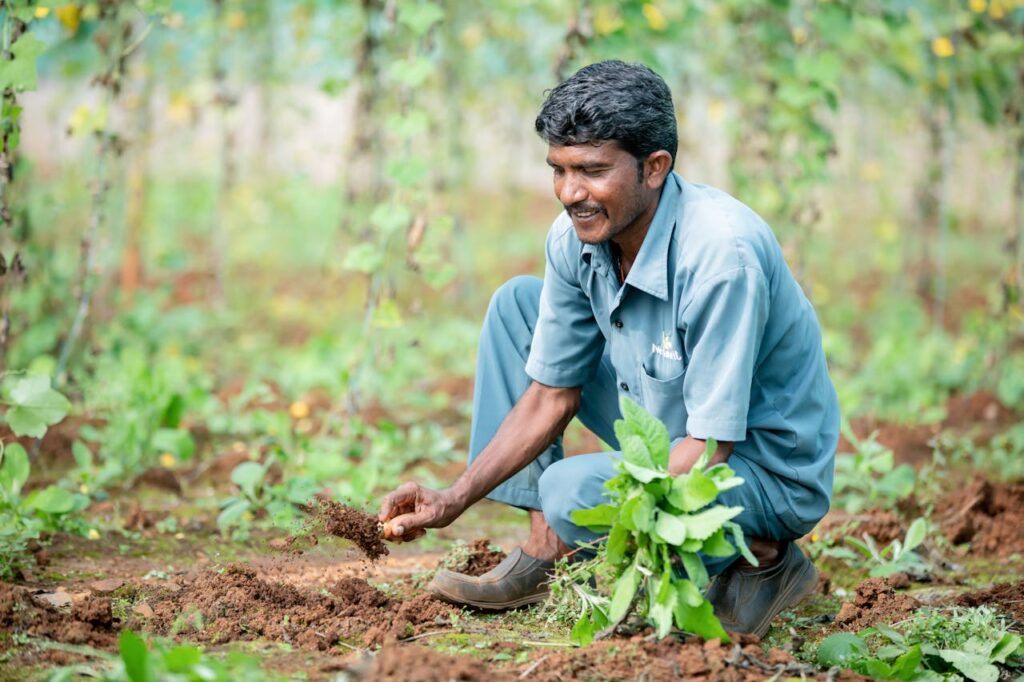
Current State of Agriculture in India
India’s agriculture sector is vital, contributing significantly to the economy and employing a large portion of the population. However, challenges such as fragmented land holdings, dependency on monsoons, soil degradation, and inefficient use of resources persist. Precision farming offers solutions to these issues by optimizing inputs like water, fertilizers, and pesticides.
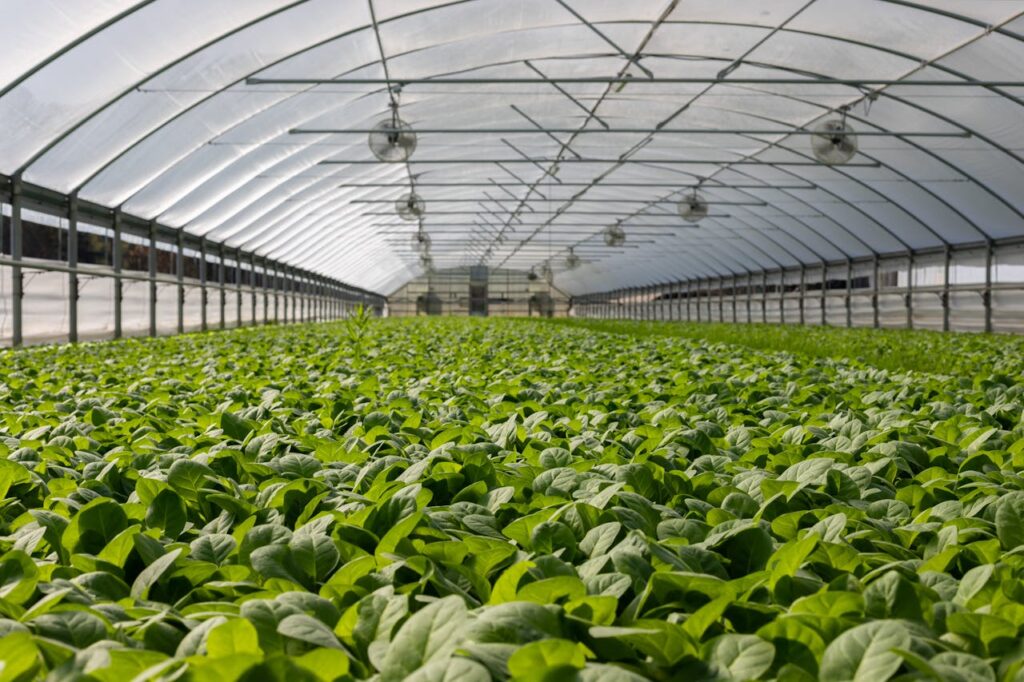
Key Technologies in Precision Farming
Geographic Information Systems (GIS): GIS technology helps in mapping and analyzing soil health and crop yield patterns. Farmers can make informed decisions about resource allocation.
Global Positioning Systems (GPS): GPS technology enables accurate field mapping, which assists in planting, fertilizing, and harvesting with precision.
Remote Sensing: Drones and satellite imagery provide real-time data on crop health, moisture levels, and pest infestations, allowing for timely interventions.
IoT Devices and Sensors: Soil moisture sensors, weather stations, and other IoT devices gather data that helps in precise irrigation and fertilization.
Data Analytics: Analyzing data collected from various sources enables farmers to forecast yields and manage risks effectively.
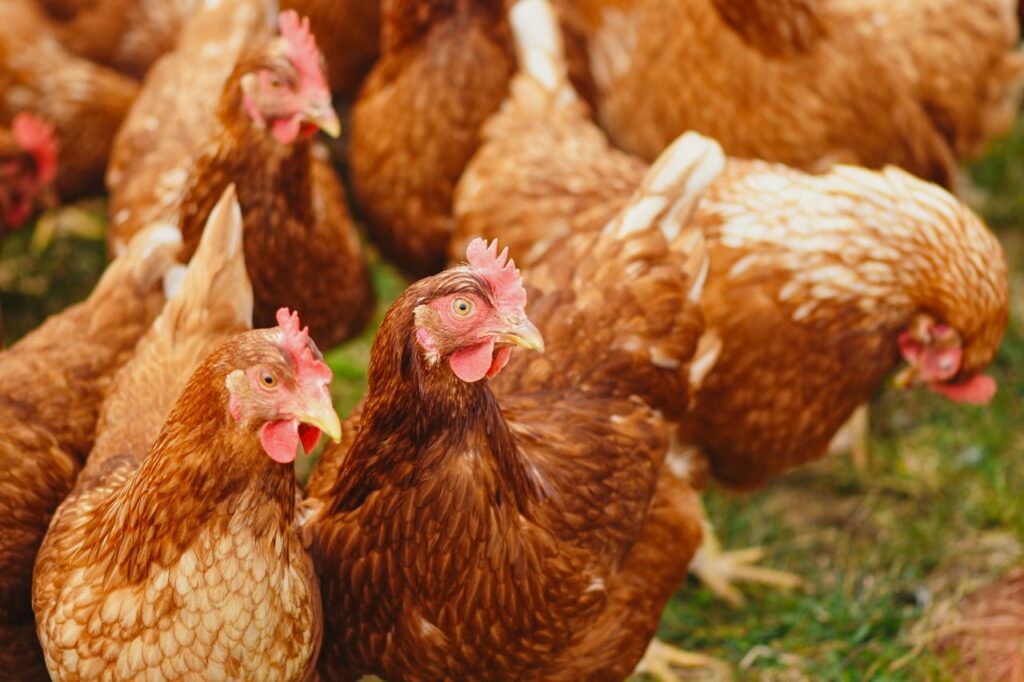
Benefits of Precision Farming
Increased Productivity: By optimizing the use of inputs, precision farming can significantly boost crop yields.
Resource Efficiency: Precise application of water and fertilizers reduces waste and conserves resources, benefiting both the environment and farmers’ expenses.
Environmental Sustainability: Reduced use of chemicals minimizes environmental impact and promotes sustainable farming practices.
Risk Management: Early detection of pests and diseases through technology helps in mitigating risks and reducing crop losses.

Challenges in Implementation
High Initial Investment: The cost of technology and equipment can be prohibitive for small-scale farmers.
Lack of Awareness: Many farmers in India are unaware of precision farming techniques and their benefits.
Limited Infrastructure: Inadequate rural infrastructure, such as internet connectivity, hampers the adoption of technology-driven solutions.
Training and Support: There is a need for extensive training programs to educate farmers on using precision farming tools effectively.
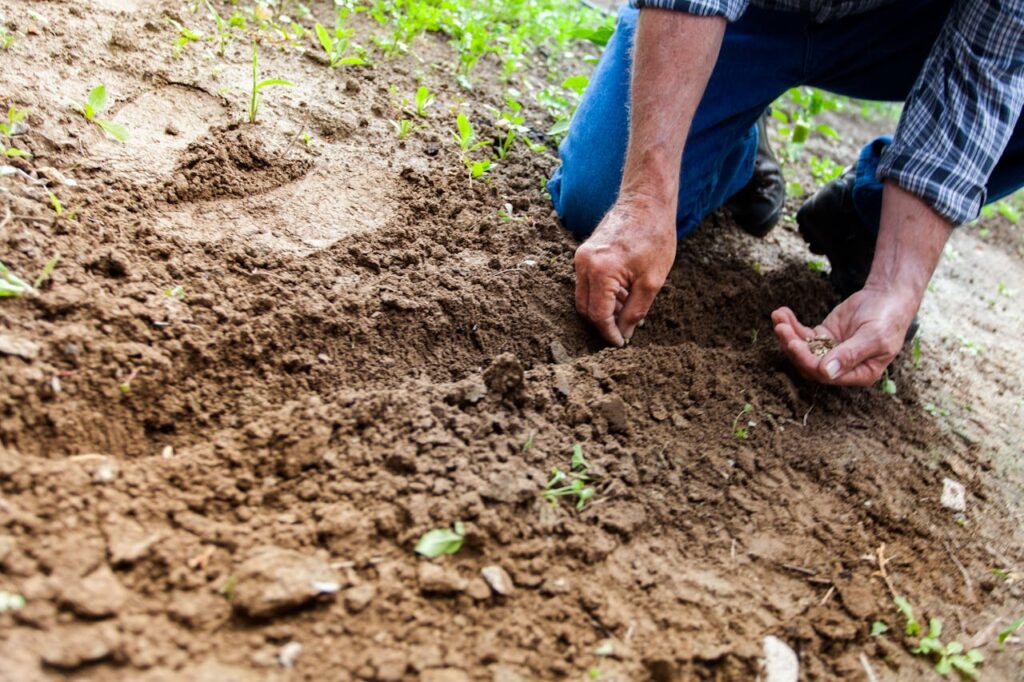
Government Initiatives and Support
The Indian government has launched several initiatives to promote precision farming:
Pradhan Mantri Krishi Sinchayee Yojana (PMKSY): Aims to improve water use efficiency and promote micro-irrigation systems.
Digital India Programme: Focuses on improving digital infrastructure, which is crucial for the implementation of precision farming.
Subsidies and Incentives: Various state governments offer subsidies for purchasing equipment like GPS devices and soil sensors.
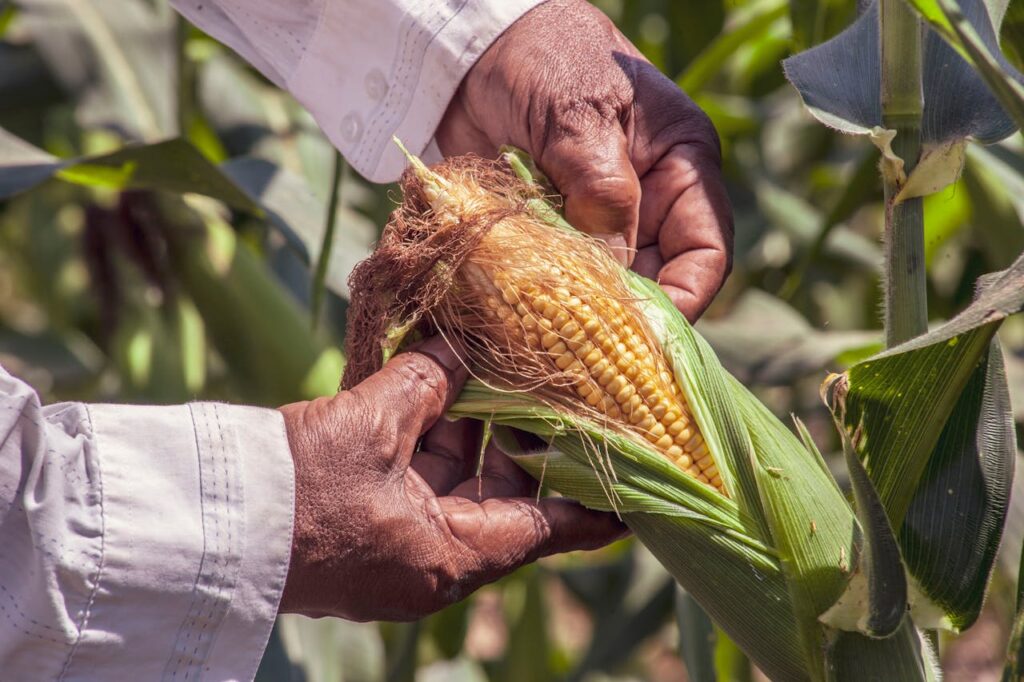
Future Prospects
The future of precision farming in India looks promising. With ongoing advancements in technology and increased government support, more farmers are likely to adopt these practices. Integrating artificial intelligence and machine learning could further enhance precision farming by providing predictive analytics for better decision-making.

Conclusion
Precision farming in India has the potential to revolutionize agriculture by making it more efficient, sustainable, and productive. While challenges exist, the benefits far outweigh them. With continued efforts in education, infrastructure development, and policy support, precision farming can play a crucial role in ensuring food security and improving the livelihoods of Indian farmers.